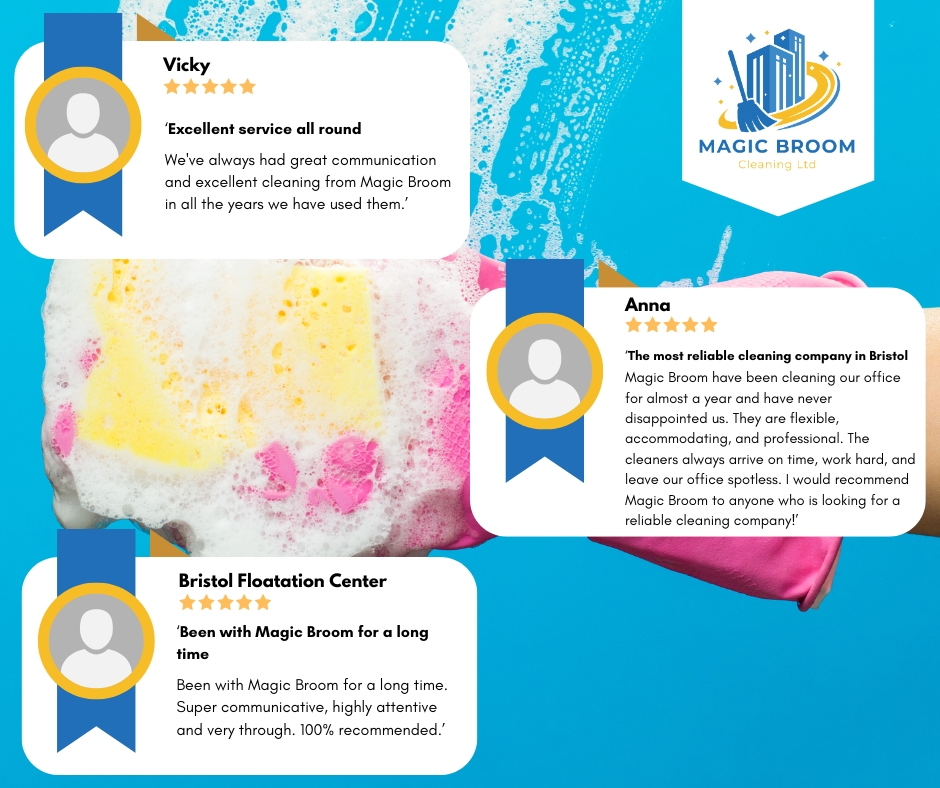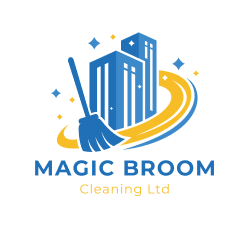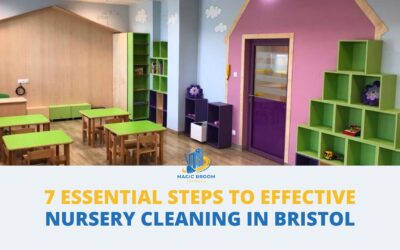Consistency in cleaning is critical for high-end venues like golf clubs, hotels, and restaurants, it directly affects guest satisfaction, brand reputation, and repeat business. A clean, well-maintained environment creates a welcoming atmosphere, promotes hygiene, and leaves a lasting impression.
Yet when cleaning standards start to slip, many businesses assume they need new staff. But what if the real issue isn’t the people, but the lack of structure around them?
In this commercial cleaning case study, we share how we helped a prestigious golf club near Bristol significantly improve its cleaning standards, without changing the team.
How Poor Cleaning Standards Impact Hospitality Businesses
In high-end hospitality venues like golf clubs, hotels, and restaurants, appearance isn’t just important, it’s part of the product. Guests notice everything, especially in spaces where they expect premium service. A single missed detail, like poorly vacuumed carpets or smudged mirrors in the washrooms, can quickly become the only thing a guest remembers.
Cleanliness and presentation play a huge role in shaping a guest’s first impression. When standards drop, even just a little, it can change how your entire business is perceived. Customers might not always speak up, but they’ll notice. And while some may quietly choose not to return, others might leave a negative review that puts future bookings at risk.
Behind the scenes, these issues can also wear down staff morale. Front-of-house teams grow frustrated when they’re apologising for things outside their control. Managers lose time chasing cleaners or addressing complaints. And over time, what began as one or two missed tasks becomes a pattern, with reputational and operational costs that far outweigh any initial savings on a cheaper cleaning contract.
For venues that pride themselves on delivering excellence, inconsistency simply isn’t an option.
Commercial Cleaning Case Study: Transforming Cleaning Quality at a High-End Golf Club
A well-established golf club near Bristol, known for its fine dining and high-end member experience, required a consistent 7-day cleaning service. The staffing setup included one cleaner covering Monday to Friday and another assigned for weekends, ensuring full weekly coverage without overlap.
Despite this structure, the club began receiving frequent complaints from staff and members, particularly about poorly vacuumed carpets in the restaurant, one of the most visible and heavily used areas. In a hospitality environment where appearance and hygiene directly impact reputation, this was a growing concern.
Management identified deeper issues beyond the surface:
- Inconsistent cleaning quality, especially on high-traffic carpets
- Poor task ownership, with weekday and weekend staff assuming the other had missed responsibilities
- No task tracking system, leading to gaps in accountability
While the staff was already in place, the process lacked structure. The club needed a cleaning provider who could take over the team under TUPE, raise the standards, and put a clear, reliable system in place, without disrupting the familiar faces their team was used to.
Our Solution: Structure, Not Staff Replacement
When we took over the contract, we didn’t rush to replace the existing cleaners; we understood that the real issue wasn’t the people, it was the lack of structure. Our goal was to reset expectations, improve performance, and rebuild trust, without disrupting the club’s operations or familiar faces. Here’s how we did it:
- Retraining to Set a New Standard
We provided comprehensive, supportive retraining to all staff transferred to us under TUPE. This wasn’t about pointing fingers; it was about aligning everyone with our service standards and making sure each cleaner understood the importance of presentation in a premium hospitality setting.
- Live Time-Tracking for Full Coverage
To ensure every shift was fully covered, we implemented our time-tracking app, which notifies us if a cleaner fails to clock in. This real-time visibility allowed us to address absences immediately and maintain service continuity, something the client had lacked before.
- Tailored Task Checklists by Day and Cleaner
Instead of vague instructions, we created custom checklists for each day and each cleaner, ensuring no overlap or finger-pointing between weekday and weekend shifts. Every task was assigned, visible, and fair.
- Daily Sign-Off to Boost Accountability
Each cleaner now signs off on completed tasks before finishing their shift. This creates a sense of ownership and ensures that nothing slips through the cracks.
Through these changes, we didn’t just fix the symptoms, we implemented a repeatable system that sets a clear standard, maintains consistency, and builds accountability into every shift.
The Results: Tangible and Cultural Improvements
Within just a few weeks, the club began noticing a difference, not only in the overall cleanliness but in how the team functioned day to day. It wasn’t about dramatic overnight transformation, but rather small, steady changes that added up.
- Carpets looked noticeably better, especially in the restaurant area, where vacuuming had previously been a recurring issue.
- Shift handovers became smoother. With clearly assigned responsibilities and a daily sign-off system, the common “that’s not my job” tension between weekday and weekend cleaners faded away.
- Club management had fewer complaints to deal with, which gave them confidence that cleaning was being handled properly, without needing to step in.
- Cleaners demonstrated greater ownership of their work. Establishing a clearer structure and providing more support helped restore morale and accountability, even among those previously disengaged.
This wasn’t about expecting perfection, it was about putting the right structure in place so everyone could do their job well and with less stress.
What Other Businesses Can Learn From This
This commercial cleaning case study is a great reminder that cleaning issues don’t always come down to ‘bad cleaners.’ The same team, once supported with structure, training, and accountability, delivered a completely different outcome.
Here are a few key lessons that other businesses – whether hospitality, office-based, or retail – can take away:
- Look beyond the surface: Repeated complaints might indicate gaps in processes rather than just performance. A cleaner can’t meet expectations if they’re unclear or unsupported.
- Audit your supervision: Without oversight, issues can go unnoticed. Regular site inspections and manager check-ins truly make a difference.
- Clarify responsibilities: Vague instructions lead to confusion and finger-pointing. Use day-specific checklists and clear shift handovers to maintain consistency.
- Use simple tech tools: Time-tracking apps, task checklists, and digital sign-offs help keep everyone accountable without adding admin burden.
- Support your staff: Motivation improves when cleaners feel equipped, heard, and valued.
Effective cleaning isn’t just about people, it’s about the systems that support them. Fix the system, and the results will follow.
Final Thoughts
This case shows that improving cleaning standards doesn’t always mean changing the team; it means changing how the team is supported. With the right structure, clear responsibilities, and simple tools for tracking and accountability, even long-standing issues can be resolved quickly. Consistently high standards rely on more than just effort; they require a reliable system behind the scenes.
If your business is facing similar challenges, get in touch with Magic Broom Cleaning Ltd – we’d be happy to discuss how our structured approach can help you raise your cleaning standards.





